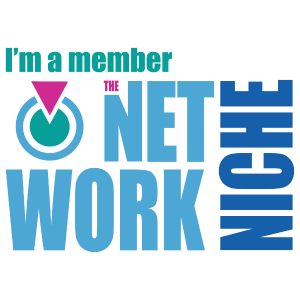A Great Framework: Building Healthy Bones
/As humans, we all benefit from a decent amount of structure. The greatest example of a structure in us, as people, is our bones. We may not be able to see them, but like depression and other internal issues, we feel them, but they’re not necessarily seen. So, what is the best way to build healthy bones, especially as bone density tends to weaken as we get older?
Boost Your Calcium Consumption
Yes, it may be obvious, but while people think that calcium is all they need to build healthy bones, this is not the main solution! The key is to pair calcium with vitamin D, as well as other key nutrients, like magnesium. If you have a diet rich in leafy green vegetables this will be a big help, but if you are struggling to fight a losing battle with a bone condition like osteoporosis, you may want to supplement your healthy diet. You can look at the AlgaeCal reviews on Amazon and see that a lot of people who are fighting osteoporosis or osteopenia have a lot of praise for it. However, remember that supplements aren’t a cure just by itself. You need to make sure you have the adequate diet in place to get the benefits of a wide range of nutrients, like vitamin K as well as Vitamin D, also known as the sunshine vitamin.
Delve Into Your Family History
If you have any concerns about your bones, you may want to do some research into your family history to see if there are any issues in your immediate family, such as a parent or a sibling. If you have any close members of the family who have had osteoporosis, you are more likely to develop it yourself.
Start Exercising!
It appears to be the cure all for many health issues, and your bone health is one of those. If you start to integrate weight-bearing exercises into your workout routine, such as running, skiing, or jump rope, these have been shown to keep the bones strong. It's also beneficial to start resistance training, by doing weightlifting or starting at home with body weight exercises.
Cut Down On Your Vices
Yes, unfortunately all those things that we like to consume to excess aren’t particularly good for our bones. Not just nicotine and alcohol, but caffeine has a big impact on how our bodies can absorb calcium. So it's is recommended to cut back on your caffeine intake, but not give up on it entirely, just as long as you have more than your adequate share of calcium in your diet, not just from milk, but leafy vegetables.
Get Out In The Sunshine
As previously mentioned, vitamin D has a sufficient impact on our ability to absorb calcium. If there isn't much sunshine where you live, and you can't get the recommended 10 to 15 minutes in the sun three times a week, you can get your vitamin D intake through shrimp, sardines, egg yolks, or tuna.
Building our bones as a strong framework for our body is a priority. It's what will make us run faster and feel much more vibrant. So it's important for you to take control of your bone structure now.
LETS GET SOCIAL...












